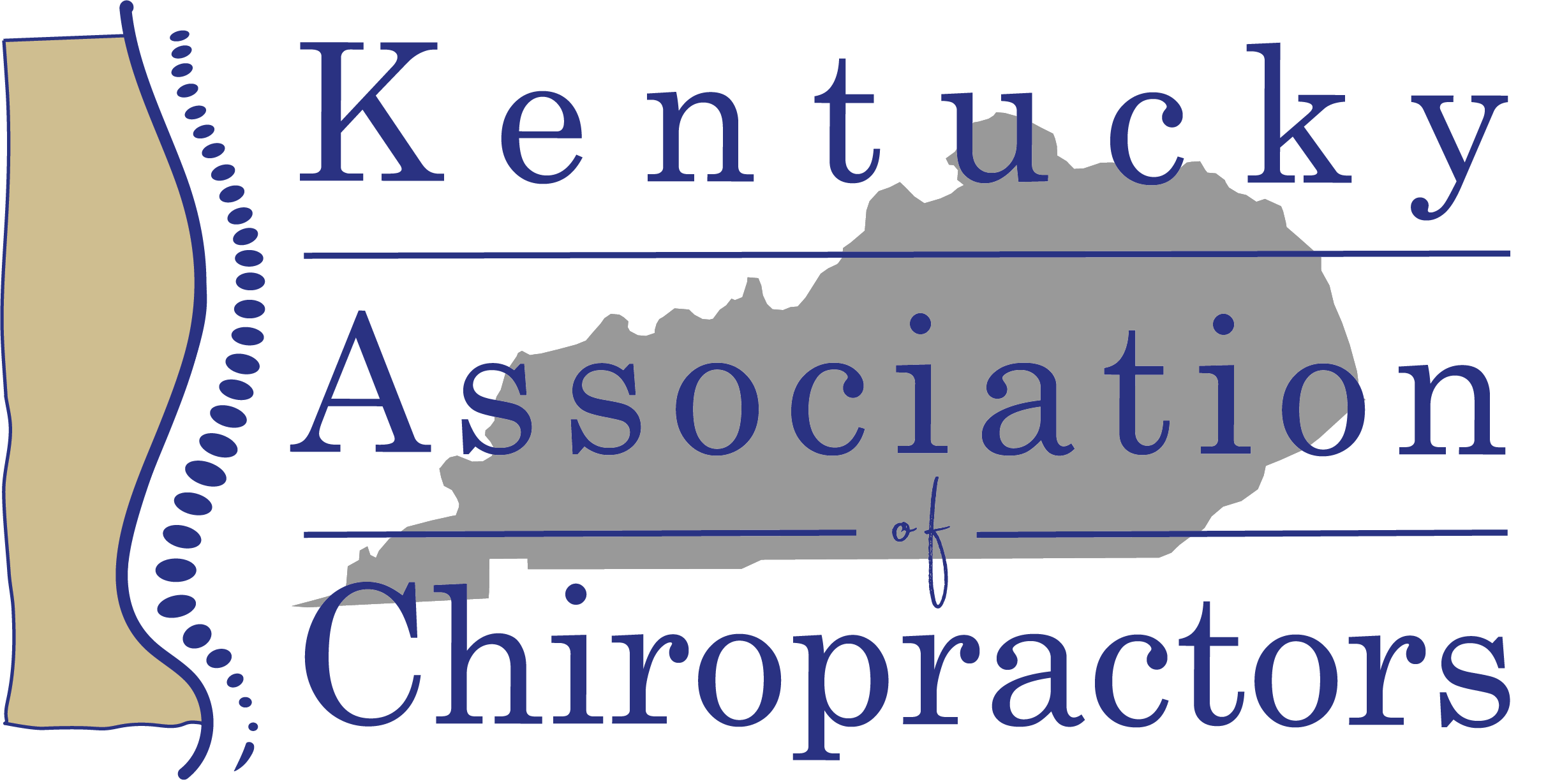What’s the biggest HR risk in any business? The answer is a lack of awareness among the HR staff members themselves regarding the numerous in-house threats to smooth operations. Let’s discuss some of the most common HR risks for small businesses and what can be done to counter them.
Failing to Audit
A yearly HR audit can reveal problems, positively address existing issues, and prevent others. All audits have some basic qualities:
- Consensus on what constitutes an operational threat. Problems can’t be solved unless people agree on their definition.
- Group-approved responses to risks.
- Priority-focus on problems with the most harmful potential threats, such as turnover, absenteeism, and performance.
- Reassessment of existing HR policies in line with new data.
The “right” audit framework is business specific. Here are some templates to consider.
Lack of Legal Awareness
Not every small business has a legal team. It can fall to your HR “department” to stay abreast of the latest regulations. If they don’t, there’s no way to ensure team members are operating compliantly.
This can lead to steep regulatory fines and/or disciplinary action. The higher these penalties are, the less small businesses can bear them without a strong insurance policy.
An outdated legal profile can disrespect team members rights or subject them to unacceptable working conditions. This can lead to employee lawsuits which can further damage a small business’ finances and reputation.
Lack of Role Clarity
Clearly defined team member roles are essential to an integrated team and effective team performance. Trouble starts when employees are either working too broadly on their own or clashing with colleagues about who is in charge of certain tasks. This leads to burnout, resentment, and low morale, all of which can cripple productivity and set HR’s phone ringing.
Poor Documentation and Record Keeping
Office confusion is one result of these two flaws. Irate patients are another. Inaccurate records and documents are also open invitations for regulatory bodies to conduct their own audits on you. The following must be accurately recorded:
- Personnel and patient files.
- Time sheets.
- Wages.
- Insurance details.
- Compliance documents.
Remember that “small” businesses can have dozens of employees, multiple internal processes, and who knows how many patients. HR must ensure paperwork is impeccable.
Failing to be Future-Proof
HR can’t predict the future. But, they can examine past patterns and use their imagination to create a short list of potential problems that might arise. This helps create buffers against the unforeseen. Some things to plan for are:
- Global events (such as pandemics) or Personal Issues Which Might Impact Employee Attendance
Can the tasks of one or more employees be covered by others in their absence or will that role simply disappear or be poorly performed? Cross-training is a good way to get ahead of this HR nightmare and avoid the expense of onboarding temps.
- Keeping Pace with Technology and Administrative Automation
Are there any manual tasks that could be handled by programs, or by outsourcing? A low-tech business often means employees are overworked (with all the HR issues that can bring) and unable to be productive elsewhere. Even high-tech businesses may need to outsource to prevent being overwhelmed in-house.
- Avoiding Digital Disasters
Cybercrimes increase every year. HR must ensure all staff members are trained and aware to prevent risks from becoming realities. Here’s a comprehensive guide on creating a cybersecurity culture specific to your small business.
ChiroHealthUSA Helps Running a Small Business Easier.
Chiropractic clinics of all size can benefit from working with us. Our expertise can help your small business with documentation and compliance and provide insurance against penalties and proceedings. Contact us today to learn more.

Dr. Ray Foxworth, DC, FICC, is founder and CEO of ChiroHealthUSA. For over 35 years, he worked “in the trenches” facing challenges with billing, coding, documentation, and compliance, in his practice. He is a former Medical Compliance Specialist and currently serves as chairman of The Chiropractic Summit, an at-large board member of the Chiropractic Future Strategic Plan Committee, a board member of the Cleveland College Foundation, and an executive board member of the Foundation for Chiropractic Progress. He is a former Staff Chiropractor at the G.V. Sonny Montgomery VA Medical Center and past chairman of the Mississippi Department of Health.



